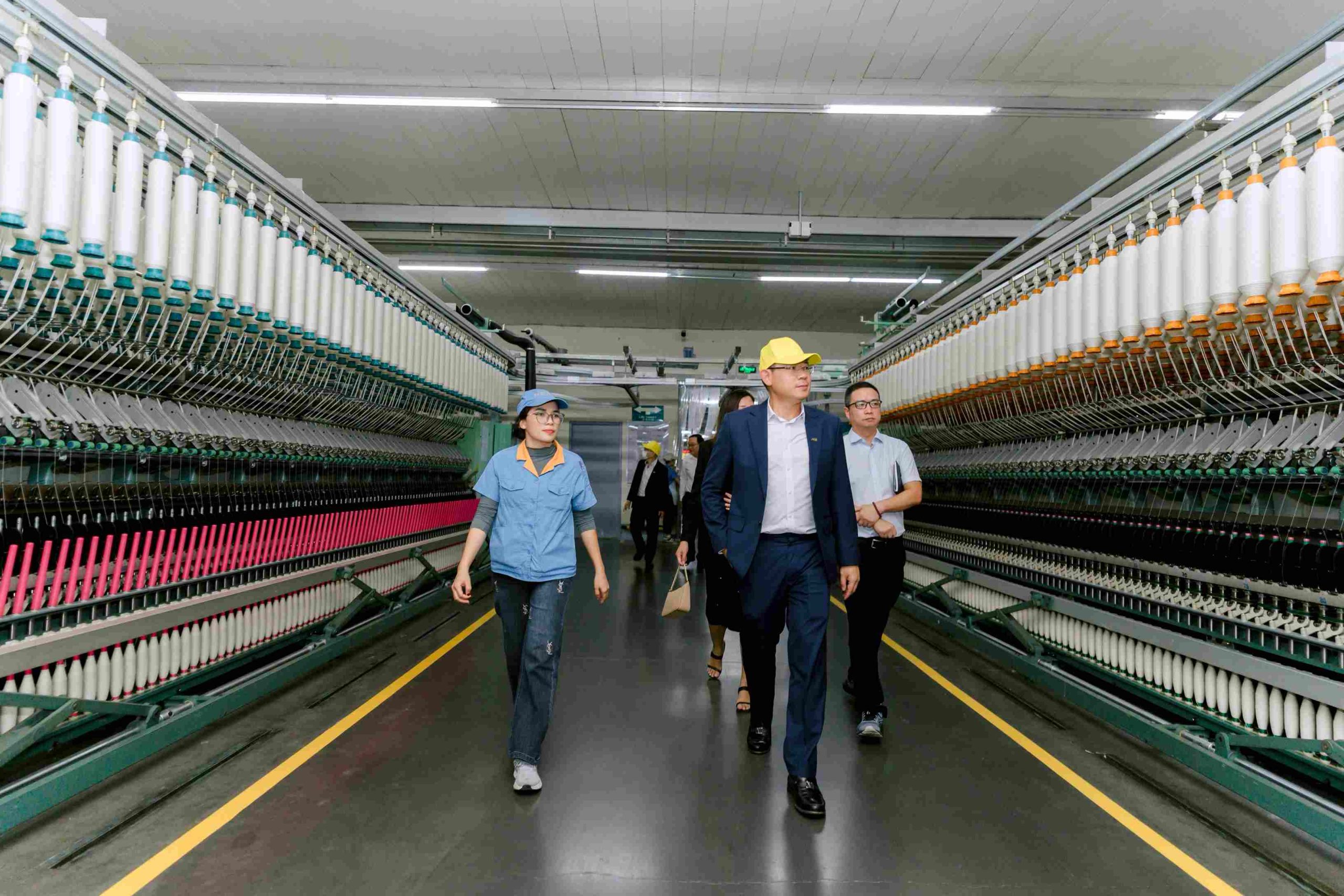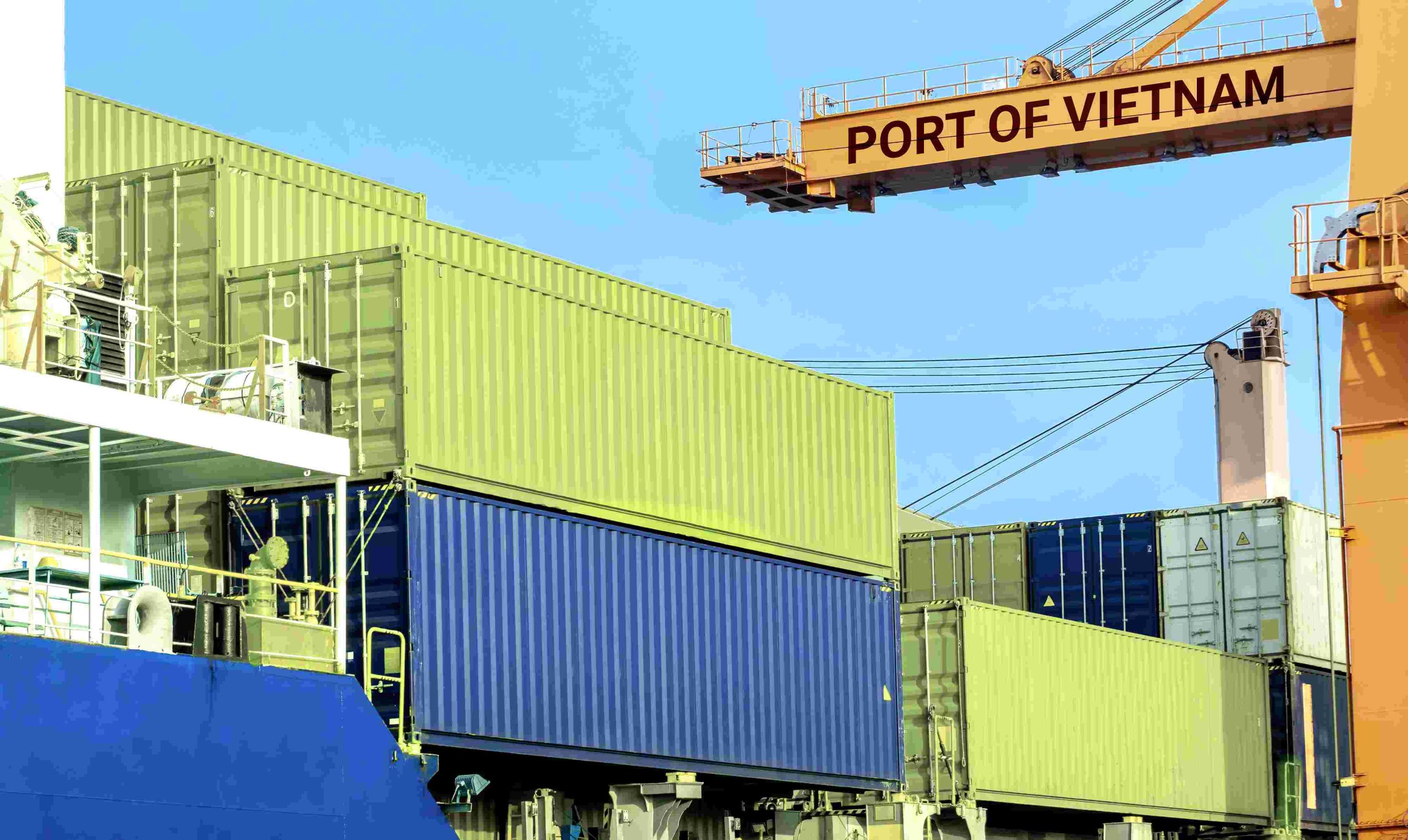Vietnam has become one of the first countries to secure a tariff agreement with the United States, applying a 20% tariff for exports and 40% for transit goods. This competitive tax regime reinforces Vietnam’s positioning as a strategic hub for multinational corporations. However, to capture substantial capital inflows, the country must demonstrate stronger absorption capacity and a more open, sophisticated financial ecosystem.
Global FDI Flows: Competitive Pressures and Vietnam’s Opportunity
The United States currently accounts for nearly one-third of Vietnam’s export turnover. The 20% tariff rate not only preserves Vietnam’s competitive advantage but also incentivizes FDI and facilitates the relocation of orders into the country. In addition to its strategic location, Vietnam offers competitive labor costs, an increasingly skilled workforce, improved infrastructure, and ongoing digital transformation coupled with administrative reforms.

Regulatory shifts, such as replacing pre-approval with post-audit mechanisms, are streamlining investment procedures. Administrative boundary reorganizations are creating emerging mega-industrial hubs like Greater Ho Chi Minh City, Dong Nai, and Vinh Phuc, providing a strong foundation for world-class logistics and industrial zones. Major multinational projects include Lego’s US$1.3 billion investment in Ho Chi Minh City (formerly Binh Duong), Nestlé’s expansion in Dong Nai, Coca-Cola’s LEED Gold-certified plant in Tay Ninh, and Syre Group’s US$1 billion investment in Gia Lai.
However, ACBS’s analysts caution that several key export sectors, particularly those driven by FDI, remain heavily dependent on imported raw materials. Clarity on the definition and tax treatment of “transit goods” will be essential to sustaining export momentum and optimizing investment absorption.
Beyond Policy: Building the Right Financial Ecosystem to Absorb FDI
To fully leverage this window of opportunity, Vietnam must enhance its capital absorption capabilities, particularly through robust transit trade policies and a comprehensive financial ecosystem for FDI enterprises. Local institutions such as ACB have proactively developed dedicated FDI banking ecosystems, offering 8 key advantages:
- Highest credit rating among Vietnamese banks
- 1 private bank in retail banking
- 2 in nationwide branch network, with 400+ locations in key FDI regions
- Transparent, competitive pricing by customer segment
- Specialized product suite: multi-currency accounts, trade finance, FX services, guarantees, ERP connectivity, etc.
- Leading corporate digital banking platform for domestic and cross-border payments
- Established ties with 20+ industrial parks and deep understanding of the investment landscape
Dedicated bilingual/multilingual advisory teams supporting clients from market entry to operations

ACB offers tailor-made credit packages for FDI companies, with accessible and flexible financing aligned to foreign enterprise needs. Its “Navigating Volatility” program delivers timely, actionable financial intelligence, multilingual market updates, FX and interest rate hedging recommendations, targeting exporters, importers, and FDI firms exposed to currency or rate risks. Promotional initiatives include “Competitive FX – Supporting Export Growth”, with up to 150 basis points in savings, and “Golden Day for International Transfers”, with a flat US$9.9 fee per import transaction.
“Our goal is to ensure businesses have timely access to capital and never miss a growth opportunity. Our comprehensive financial ecosystem also enables enterprises to manage risk effectively amid market volatility,” said Mr. Ngo Tan Long, Executive Vice President of ACB.
Vietnam as the “Promised Land” for FDI: The Role of Strategic Banking Partnerships

Transforming competitive advantages into tangible value will require not only favorable investment policies but also deep, sustained support in infrastructure, finance, and services. Domestic banks such as ACB are pivotal in enabling FDI enterprises to secure funding, optimize cash flow, and expand operations. Vietnam’s long-term success will depend not just on attracting foreign investment, but on retaining it through a resilient, responsive, and business-aligned financial ecosystem.
For more information on ACB’s dedicated corporate banking solutions, visit acb.com.vn, call the 24/7 Contact Center at (028) 38 247 247, or contact your nearest branch.









